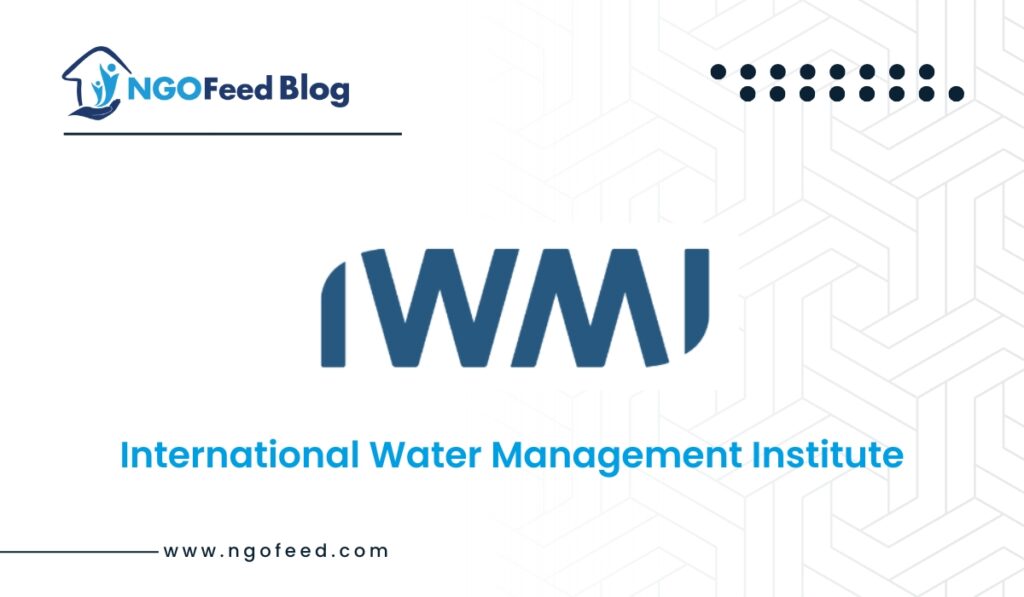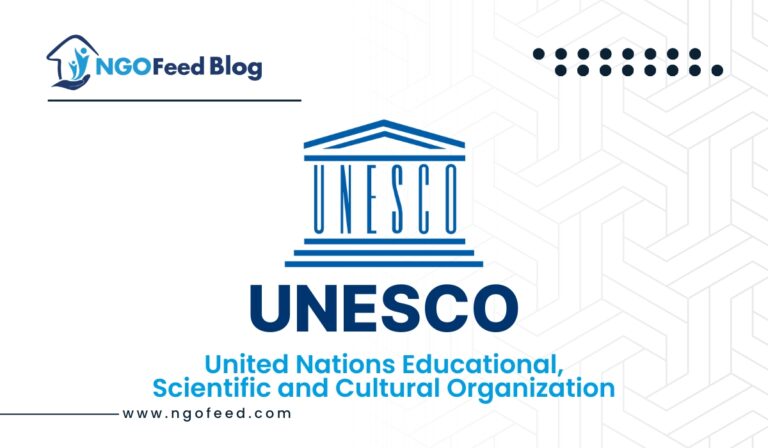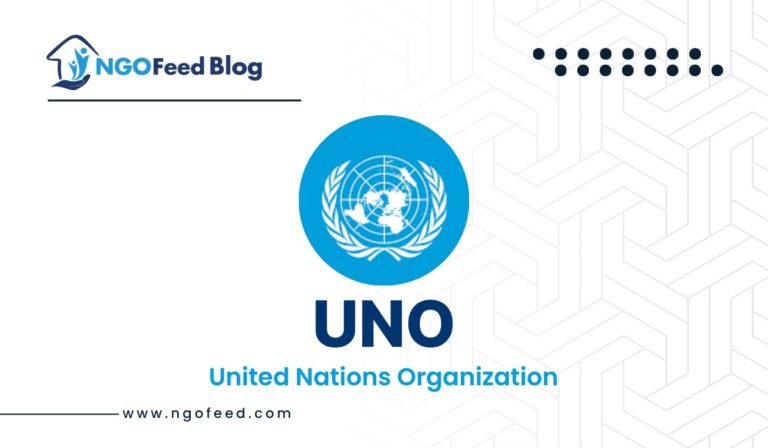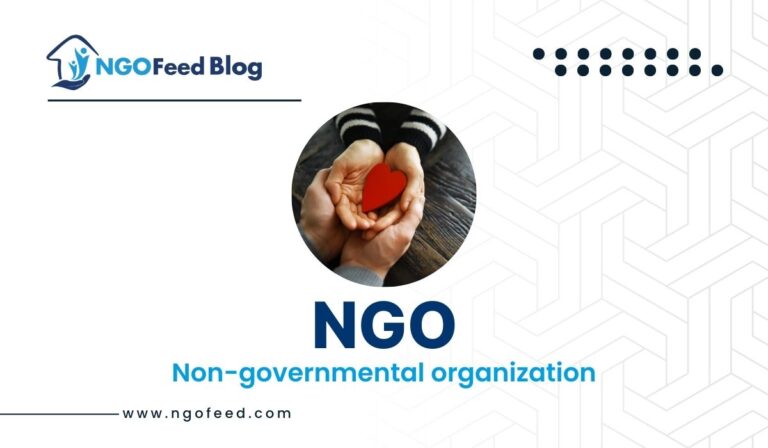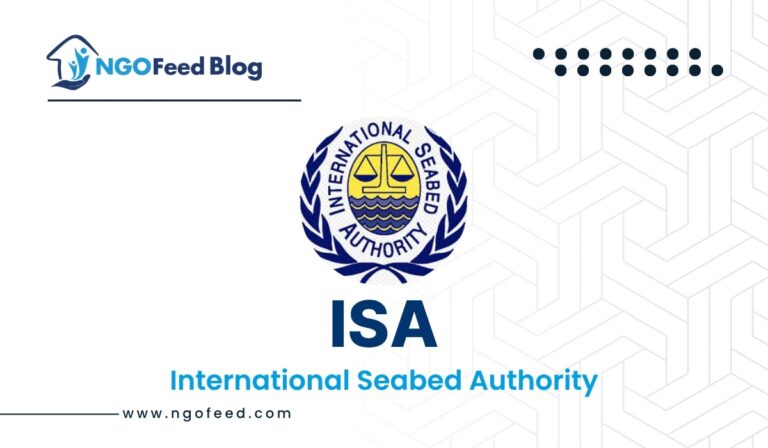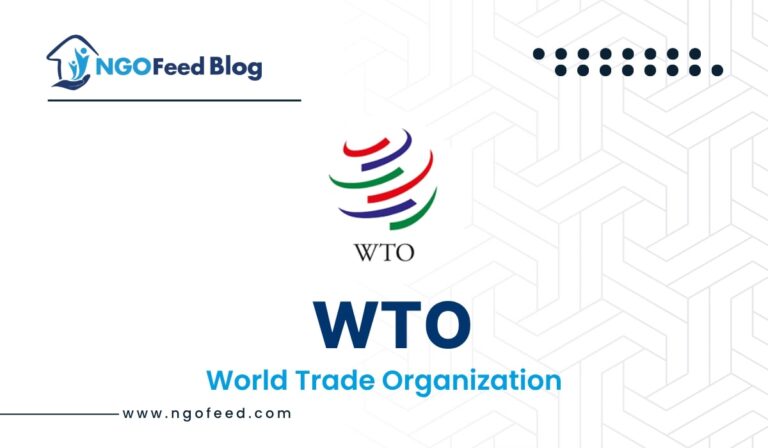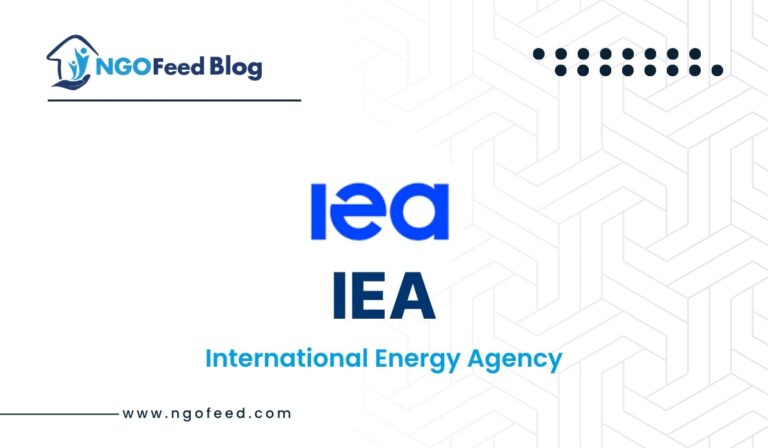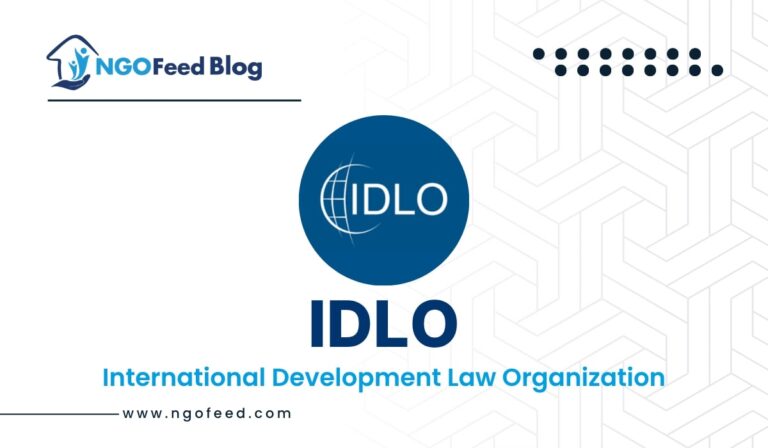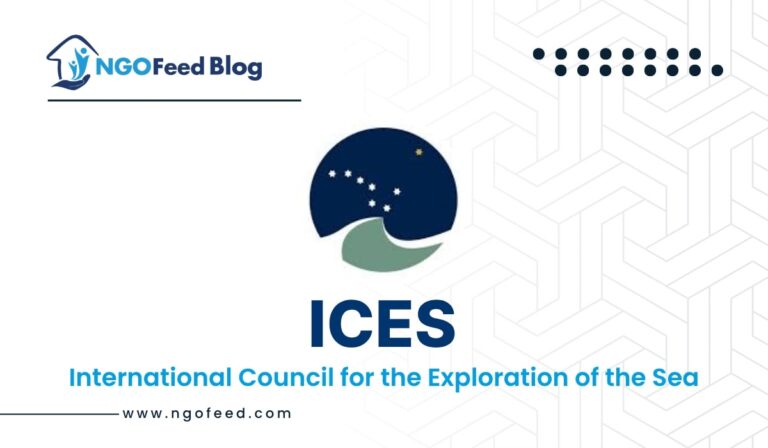A research-for-development (R4D) organisation, IWMI Full Form is an International Water Management Institute that has offices in 13 nations and a worldwide network of scientists working in more than 30 nations. Their research has produced innovations in water management that have aided in social and economic advancement for more than three decades.
A water-secure world is IWMI’s vision, which is represented in its strategy for the years 2019 to 2023. IWMI focuses on the water and land management issues that impoverished communities in developing nations confront, and by doing so, it helps to fulfil the Sustainable Development Goals (SDGs), which include eradicating hunger and poverty and preserving a sustainable environment.
IWMI collaborates with governments, farmers, water managers, development partners, and businesses to address water issues and scale up solutions based on data and information from our science, cutting-edge technology, and testing of business models. In order to improve knowledge, information services, and products, expand capacity, promote dialogue, and provide practical policy analysis to support the implementation of water management solutions, we collaborate with our partners to integrate research and data.
Table of Contents
History
By the middle of the 1990s, there was a growing rivalry for water resources as a result of a burgeoning urban population, expanding metropolitan areas, and increased industrial usage. Given the status of the globe, it was no longer sensible to see irrigation in a vacuum. It required a novel strategy that took into account rival consumers, the environment, and the river basin. IIMI began to develop new areas of study on topics including open and closed basins, water accounting, multiple-use systems, basin institutions, remote sensing analyses, and environmental fluxes. In 1998, it changed its name to the International Water Management Institute (IWMI), which represented this new, larger approach.
In 2022, the International Water Management Institute celebrated 37 years of producing top-notch research. New techniques for gathering, distributing, and controlling water have continuously inspired our scientists’ work during the past three decades. Our cross-disciplinary research is being transformed by technological advancements in satellite imagery, computer modelling, and data analysis, which are bringing cutting-edge answers to some of the most urgent problems facing the world.
IWMI Overview
| IWMI Full Form | International Water Management Institute |
| Headquarters | Srilanka |
| Formation | 1985 |
| Managing Director | Dr Mark Smith, Director General; Syon Niyogi, Corporate Services Director |
| Method | Social science research |
| Website | www.iwmi.cgiar.org |
| Official languages | English |
Strategy from 2019-2024
The demand for creative, scientifically validated water management solutions for sustainable development is directly addressed by IWMI’s Strategy 2019–2023. Our research will target three top water concerns at the field to basin and regional dimensions, with offices in 13 countries and a global network of scientists working in more than 30 countries:
Our strategy is supported by a persistent dedication to eradicating poverty, promoting social inclusion, and managing natural resources sustainably. IWMI, a recognised global leader in water management research, may help the accomplishment of the Sustainable Development Goals of the United Nations, which were adopted in 2015.
- Food: to increase food security while conserving ecosystems and water supplies.
- Climate: strengthening resilience to disasters and disruptions related to water while adapting to and reducing climate change
- Growth: strengthening resilience to disasters and disruptions related to water while adapting to and reducing climate change
IWMI will continue to develop its large network of strategic collaborations with other CGIAR institutes as well as other local, regional, and global partners in order to deliver water solutions and bring about broad systemic change.
By ensuring that gender equality and inclusion are fundamental to the Institute’s three Strategic Programs – water, food, and ecosystems; water, climate change, and resilience; and water, growth, and inclusion – as well as to its fourth cross-cutting programmed pillar on digital innovations, the IWMI Gender and Inclusion Strategy 2020-2023 supports the implementation of the IWMI Strategy 2019-2023.
IWMI in India
- IWMI (International Water Management Institute) has conducted research on water and agriculture in India for over two decades.
- Offices located in Delhi and Anand, are hosted by the Indian Council of Agricultural Research (ICAR), and the Department of Agricultural Research and Education (DARE).
- Collaboration with ICAR, government, research institutions, and corporate social responsibility initiatives to enhance water interventions’ impacts.
- Strategic programs focus on Water, Food and Ecosystems; Water, Climate Change and Resilience; and Water, Growth and Inclusion.
- Emphasis on improving water use efficiency in agriculture, enhancing farmer incomes, and supporting ecosystem services.
- Initiatives include promoting solar irrigation (SPaRC concept), co-management of floods and groundwater depletion (UTFI approach), and climate resilience strategies.
- Contributions to policy development, such as influencing the Gujarat solar irrigation policy and groundwater access reforms in West Bengal.
- Recognition for innovative approaches, including the UN-Water ‘Water for Life’ Best Practices Award.
Conclusion
For more than 30 years, the International Water Management Institute (IWMI) has been a leader in solving water and farming problems in India and around the world. IWMI works closely with partners, government agencies, and study institutions to come up with new ways to manage water. It has offices in Delhi and Anand. IWMI aims to improve the efficiency of water use, help farmers make a living, and support sustainable development through planned programs that focus on water, food, ecosystems, climate change resilience, and inclusive growth. IWMI’s influence goes beyond research because it is dedicated to gender equality and inclusion. It has changed policies and been praised for its innovative approaches. IWMI’s work toward a world without water shortage is essential to meeting the Sustainable Development Goals and promoting social and economic progress around the world.
Frequently Asked Questions (FAQs)
What is the IWMI Full Form?
The IWMI Full Form is the International Water Management Institute.
When was IWMI Established?
It was established in 1985.
In which countries IWMI is working?
Sri Lanka (Colombo – Headquarters); India (New Delhi, Anand – Gujarat); Pakistan (Lahore); Laos (Vientiane); Nepal (Kathmandu); Uzbekistan (Tashkent); South Africa (Pretoria); Ghana (Accra); Ethiopia (Addis Ababa), Egypt (Cairo).

